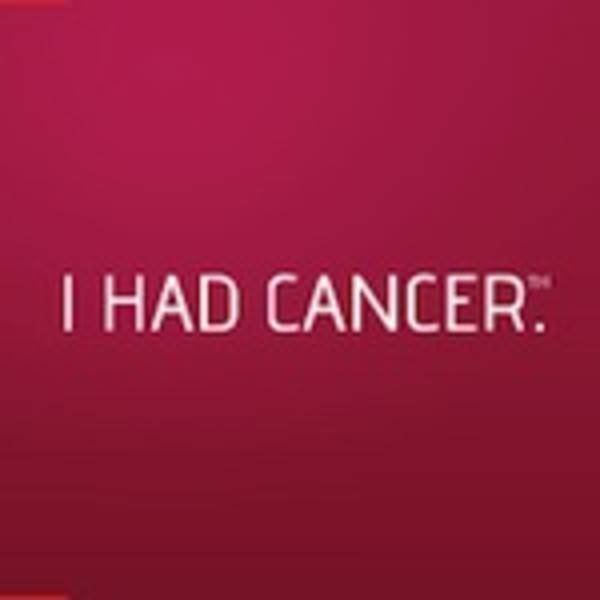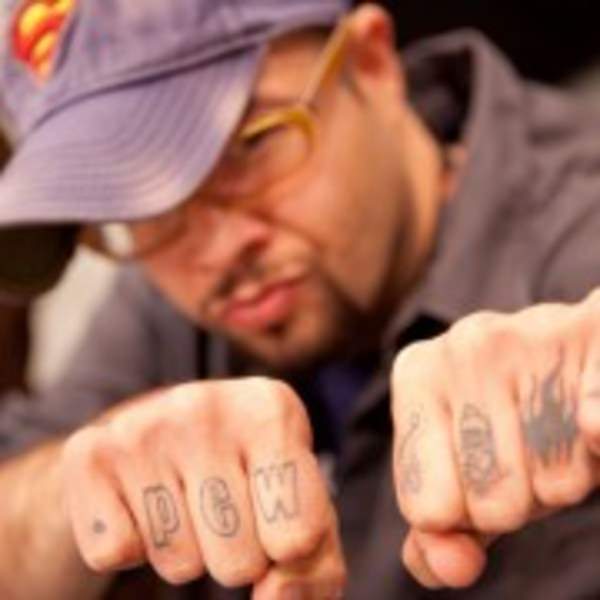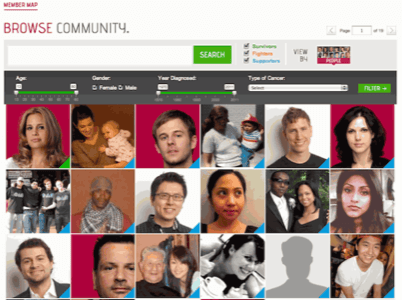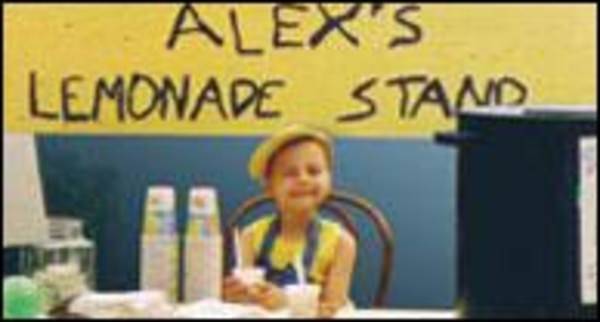The social Web has a tendency to fold in on itself. Shortly after the launch of Google Plus, for example, users began to complain that it was only being used to talk about Google Plus. Drew Olanoff, currently the community manager for Get Satisfaction, would prefer that social networks revolved around their people instead of themselves. After being diagnosed with Hodgkin’s lymphoma in 2009, Olanoff built his experience into a Web phenomenon that offered connections, support, and some hopeful levity to people affected by cancer. His work is now bolstered by the launch of a new social network called I Had Cancer, which has created an engaging, Web-centric support system for cancer fighters, survivors, and their friends and family.

“Social” is an easy word to throw around these days. Olanoff wishes the Web didn’t take it so lightly. He’d prefer we talk about social good or social reform, rather than social media. “I don’t know what the phrase ‘social media’ means anymore,” he says. “I don’t think anybody does. I’ve always felt that what was missing [from that phrase] is the social part. The human aspect of it is severely lacking.”
Back in 2009, Olanoff and his friend Mike Demers, who also recovered from Hodgkin’s, created Blame Drew’s Cancer!, a website that aggregated tweets marked with the hashtag #BlameDrewsCancer, which he used as a way of confronting his Hodgkin’s lymphoma head on. The meme resonated across the social Web, resulting in a partnership with Lance Armstrong’s LIVESTRONG campaign and creating new opportunities to support the struggle against cancer.

Yesterday’s launch of I Had Cancer, a full-fledged social network, extends the idea, championed by Olanoff and countless others, that, on the social Web, the people are more important than the platform. Olanoff was not involved in the creation of the site, and he thinks that’s “great, because I can use the service like I use any other service.”

Mailet Lopez, the creator of I Had Cancer, survived Type 2B breast cancer. After recovering, she “wanted to help the next person who was affected,” so she started a blog to chronicle and share her experience. The team at Squeaky Wheel Media picked up her story and approached her, and they built the idea into a social network. The site connects survivors, fighters, and supporters using geography, chronology, and type of cancer. It features a question-based discussion board, as well as a bulletin board called “Dear Cancer,” which is reminiscent of Olanoff’s “life-hack” of confronting his cancer personally.
Directly or indirectly, cancer affects just about everyone, as does the effort to stop it. Uniting us around a worthy cause is the way Olanoff wants to restore meaning to the word “social.” He recommended that we share a link with you to Alex’s Lemonade Stand, which is a foundation working to put an end to childhood cancer. You can learn more about Alex’s Lemonade Stand and find a link to donate at AlexsLemonade.org.

















